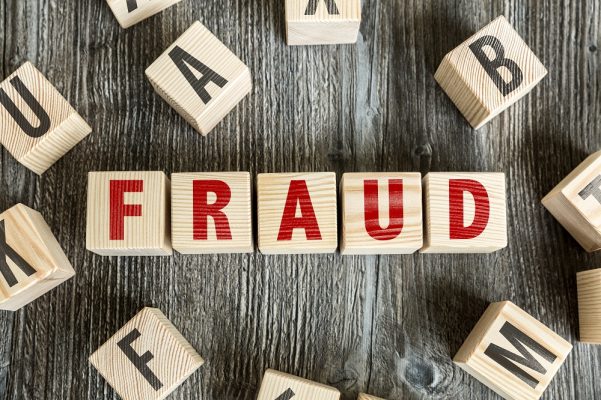The Value Of Transparency In A Business

The essence of transparency in a business. Just how much information is enough to share with your employees to increase the level of transparency in your business? Every business owner and every manager has to decide, sometimes daily, just how much information they want to disclose.
Do you want to let employees know that the company revenues are changing? What about internal reshuffling or downsizing? It’s important to weigh the consequences of all these actions. Sometimes, confidentiality is necessary, but sometimes, keeping issues too secretive can end up embroiling the employer in legal trouble.

Salary Transparency Prevents Discrepancies
Salary confidentiality is not only a frequent company policy, but it’s also a cultural norm.However, salary transparency can protect a business against lawsuits. If everyone knows everyone else’s salary, everyone knows how they compare with their peers.
By staying transparent about salaries, managers and human resources departments feel more obliged to be fair. A salary differential that you can justify in your head may not look as good on a PowerPoint presentation to the whole department. Consider whether salary transparency in your business can help keep you out of court for pay discrimination cases.

Confident and Informed Employees
When revenues are high, companies often celebrate and offer rewards such as bonuses. When revenues are down, employees may not be aware. This is bad because it also could mean that layoffs are coming. When employees know what’s happening behind the scenes, they can make better decisions.
Sometimes that decision may be to jump from a sinking ship. This is a risk you take, but employees cannot solve problems for themselves if they don’t know what the company is dealing with.
Transparency Helps Prevent Fraud
Fraud can range from a few employees taking a $20 bill from petty cash for themselves, to an employee siphoning off millions of dollars from the company. You can only get away with that level of fraud when no one else knows what you are doing.
Secrecy in the name of confidentiality can result in devastating losses, both in cash and in investor lawsuits. When you put fraud prevention actions into place, you’re really placing transparency into your policies. When more than one person knows what is happening, it’s harder for a single person to commit fraud.

Transparency Prevents Tragic Data Losses
Do you know the secret formula for making Coca-Cola? You may think you do—copycat recipes abound—but Coca-Cola says that the formula is a trade secret that is held close. According to the Coca-Cola website, After Dr. John S. Pemberton invented Coca-Cola in 1886, the formula was kept almost entirely confidential, shared only with a select few and no written recipe.
As the company changed hands several times, the formula was used as collateral for a loan. As such, the formula was finally written down but kept in a bank vault at Atlanta’s Trust Company Bank, now SunTrust, where it remained for 86 years.
The Company then transferred the secret formula to the World of Coca-Cola where it is kept in a safe. The company is willing to admit that the recipe is known by a small number of people at this point in time.

While this is a fun marketing ploy, and it has certainly added to the mystique and marketability of the product, think of the considerable risk a company takes by continuing the level of secrecy with which Coca-Cola started out in its early days.
What happens if this handful of people die? Does the company fold? In the early days of Coca-Cola, it might have. This is something every business owner should take into consideration before keeping everything a secret.




